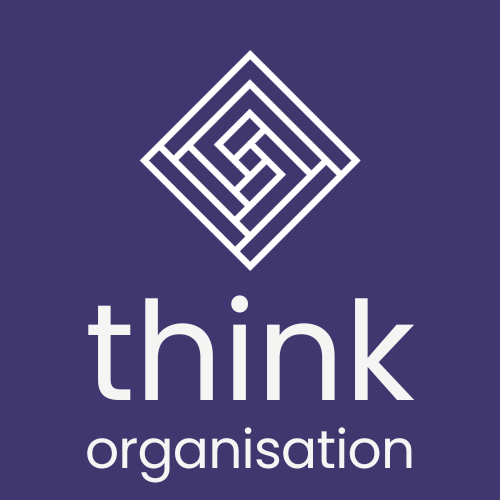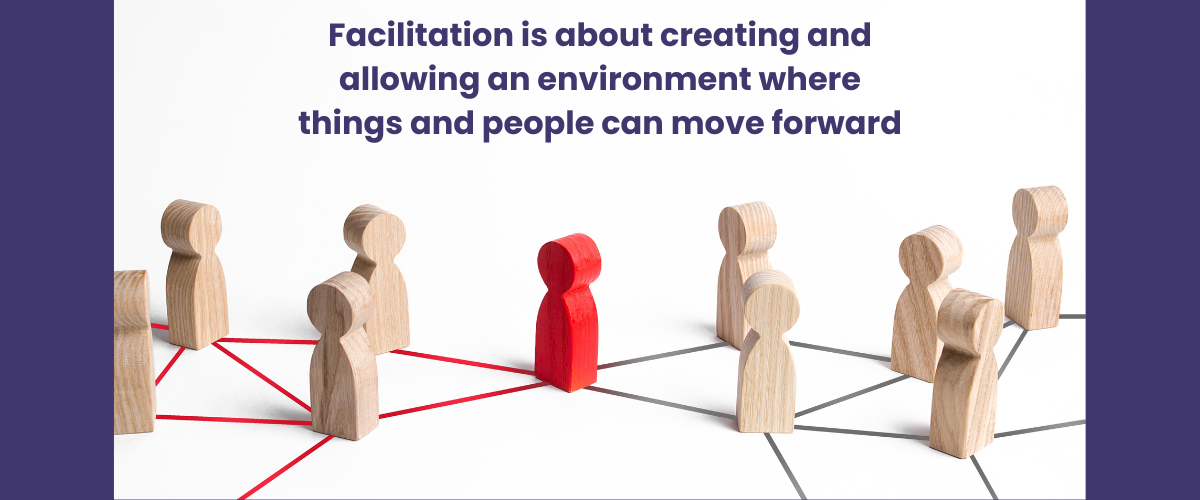
Everyone is currently talking about football. Like marmite, it is either positive or negative. Some of us get pulled into the football frenzy across the country, and others avoid it like the plague. Here at Think Organisation we can’t help but notice the connections between football teams and organisational cultures. So how can we use football to demonstrate the importance of culture across organisations?
For example, whether you are talking about a football team or an organisation the following questions will be answered in this article.
How does having a clear purpose affect the performance and cohesion of a team or organisation?
In what ways can understanding roles and responsibilities help a team navigate pressure and overcome challenges?
How can measuring and understanding the unique culture of a team or organisation contribute to its overall success?
Four years ago, Sarah Clarke was invited onto BBC Breakfast to discuss Gareth Southgate’s fresh approach to coaching the England football team. A few years on ask anyone what they think and there will be emotional, passive or apathetic responses. This is what happens behind any leader’s back. Their teams, colleagues and peers discuss their performance. And in reality, there is little a leader such as Gareth Southgate can do about it.
So, what can we learn from football?
A football team is like an organisation. A diverse collective of skilled players who are visible to the customer. Supported by a breadth of expertise and support functions not visible to the customers. Every team member has a clear role, from physio to player. The collective purpose is to win a match. So how can we use this analogy when it comes to organisations?
Have a Clear Purpose
Every team needs to know what their purpose is. In football, it is to win. In organisations, it can be less clear.
- What does winning look like to your business?
- Does every team across your organisation know their role to win (deliver your purpose)?
- How do the teams engage with each other to ensure smooth transitions?
- What happens when the organisation is put under pressure?
- How does your culture support your business to win (purpose)?
Think about the different teams you are watching. Each team has a different strategy. There is a different approach to the game. Some are aggressive. Some passive. Some have one hero player, others have a more flexible approach. Defence is very different from attack, but all players need to work together, just like in an organisation, to win.
Understand Roles & Responsibilities
Individuals, and teams, need to know what their roles are in delivering a win (success). In football, when players don’t have or deliver their roles the opposition has chances to overtake them. To exploit their weaknesses. All the roles need to work together, anticipating the moves of other players to ensure they deliver a win. The moment one role isn’t delivered successfully, or a mistake occurs, it is how the other roles step in to support, compensate or overcome the problems which says a lot about whether a win will be achieved. Just like games which ended up with a team significantly losing, this is when one issue snowballed into further issues exacerbating the problems and contributing to the loss.
- What is everyone’s role and how does everyone work together?
- How do roles cover, support and help each other in times of pressure?
- Do people understand other people’s roles clearly?
- Does the leader provide oversight across the roles?
- Can each role have the autonomy required to deliver whilst being aligned?
Be Strategic & Flexible
No matter what happens in a game of football there are always surprises. Yes, ‘set pieces’ can be practised, managed and rehearsed. However, in reality, there are some events which cannot be anticipated, such as a red card or an injury. Each of these can be anticipated at a strategic level, yet responses need to be flexible depending on the specifics of the situation. Like football, organisations can discuss ‘what ifs’, and they can plan for eventualities, but ultimately every moment will be unique in its own way.
- What is our strategy to win?
- What could derail us on the way?
- How will we respond to different situations?
- Who has the skills, expertise and experience to step up depending on the challenge?
- How do individuals make their own decisions aligned to the strategy?
Measure Your Culture
Like a football team. On paper, they are all the same. Eleven players. Always one goalie. A Coach. Physio support team. But the culture of the team can be hugely different. No culture is ever the same. The feelings, the behaviours, the emotions, the passion, the energy and the inter-team dynamics are all unique to every team. This is the ‘way we do things’, the culture of the team. Understanding this culture is vital to the success of the team as ensuring the behaviours, approaches and ‘how’ things are done delivers the ‘why’ ensures success.
- What three words would we use to describe our culture?
- How do we ensure our culture is supportive of success?
- What does improving our culture look like?
- What do our customers and stakeholders think of our culture?
- Does our culture ensure talent retention and attraction?
Talent Is Important, But Not Everything
Many teams focus on gathering a high volume of extremely talented players, but often these are not the most successful teams. Eleven top talented players do not make a team. In fact, as we have seen many times before teams with ‘all the talent’ often fail to gel, work together and can provide endless disappointment to fans. Many organisational cultures can be the same. High talent teams, fighting for air time and missing the purpose of the group as they all try to be the hero of the match.
- Do we have diverse talent which complement each other?
- Does our talent try to ‘outshine’ others creating a culture of competition?
- Would team members put the purpose of the team above their own accolades?
- Do we understand what motivates our talent?
- Do we have inspirational leaders who lead accountability?
So What Now?
Having a clear purpose significantly impacts the performance and cohesion of an organisation. Providing a unified direction, helps members to be motivated to work towards a common goal. When everyone understands the overarching purpose, individual and collective efforts are better aligned. This reduces inefficiency and leads to enhanced collaboration and innovation. Having this clarity helps to minimise confusion and conflict. Decisions and actions are guided by a shared objective. Individuals are guided in their decision-making, yet not micro-managed. In turn, this fosters a sense of belonging and commitment among team members, boosting morale and driving higher levels of performance and productivity.
Understanding roles and responsibilities is crucial for a team to navigate pressure and overcome challenges effectively. When each team member is clear about their specific duties and the expectations placed upon them, it reduces ambiguity. Importantly when issues arise, team members can swiftly identify who is best positioned to resolve them.
An effective organisational design enables team members to support one another, covering gaps without creating unnecessary risk or negative strain. This mutual support system enhances the team’s resilience and ability to adapt to changing circumstances, ultimately ensuring that challenges are met with well-coordinated responses.
Measuring and understanding the unique culture of a team or organisation is vital for its overall success as it provides insights into the behaviours, attitudes, and dynamics that drive performance.
A deep comprehension of the organisational culture allows leaders to identify strengths to build upon and areas needing improvement. By fostering a culture that aligns with the organisation’s goals and values, leaders can cultivate an environment that promotes engagement, innovation, and satisfaction among team members.
Moreover, a positive and well-understood culture attracts and retains talent, enhances team cohesion, and ensures that all members are motivated and committed to the organisation’s success.
This alignment between culture and strategic objectives is crucial for long-term sustainability and achievement.
Think Performance. Think Excellence. Think Impact.
Check our Insights page for more valuable information.


